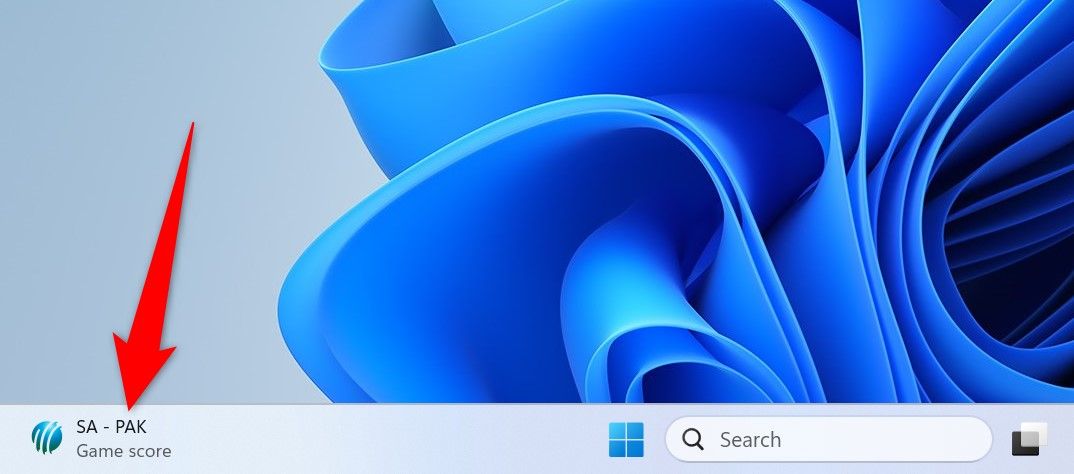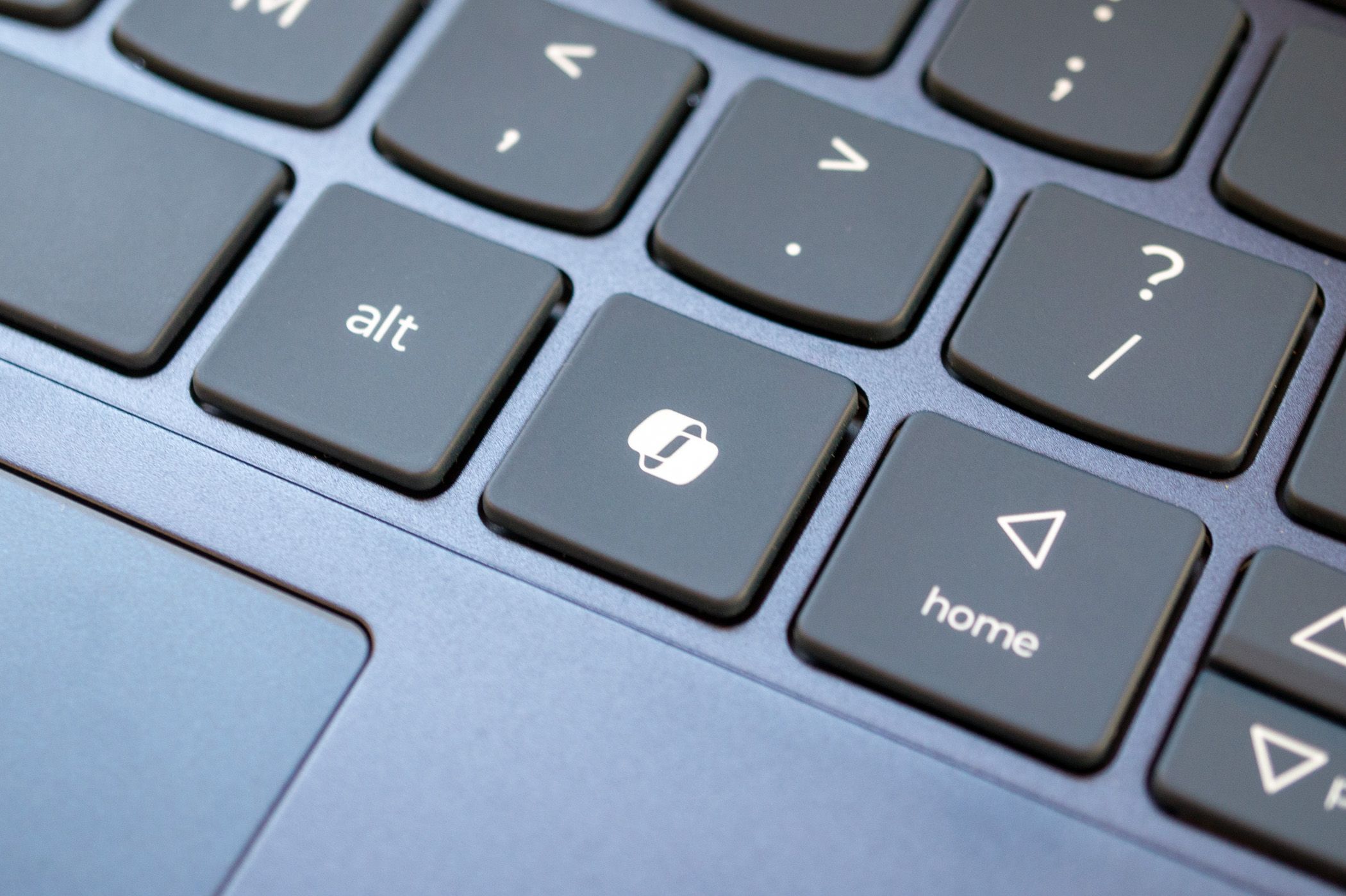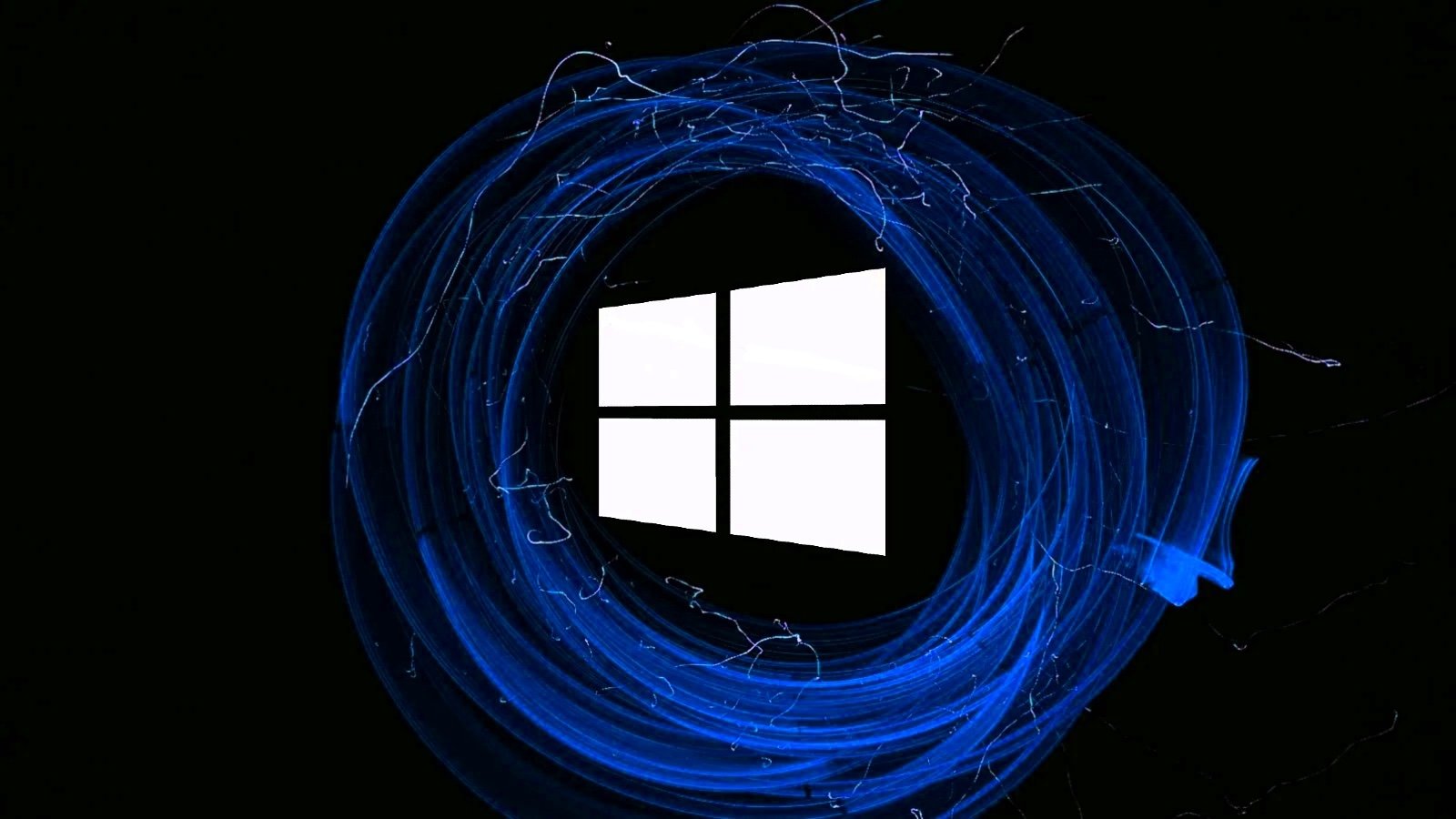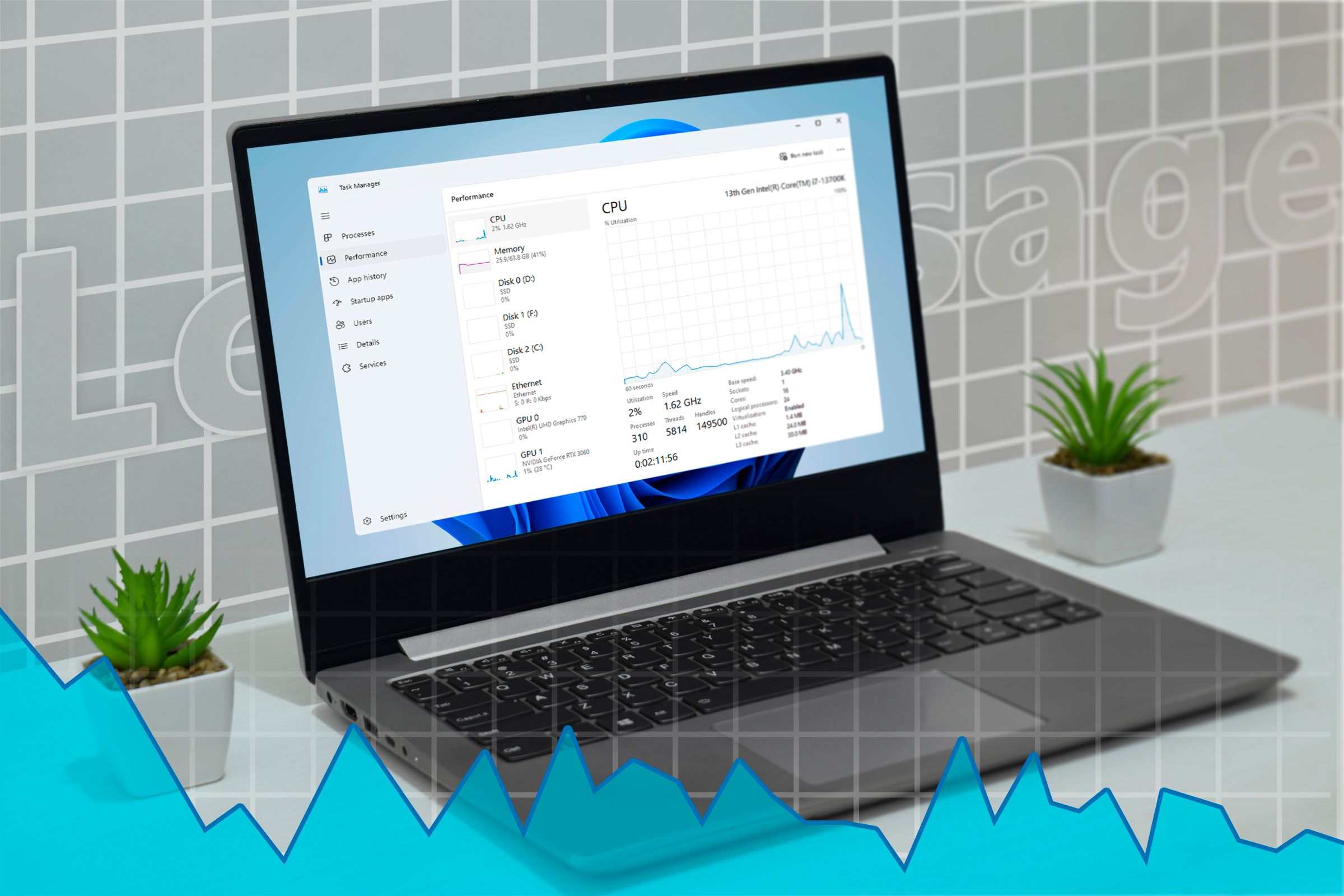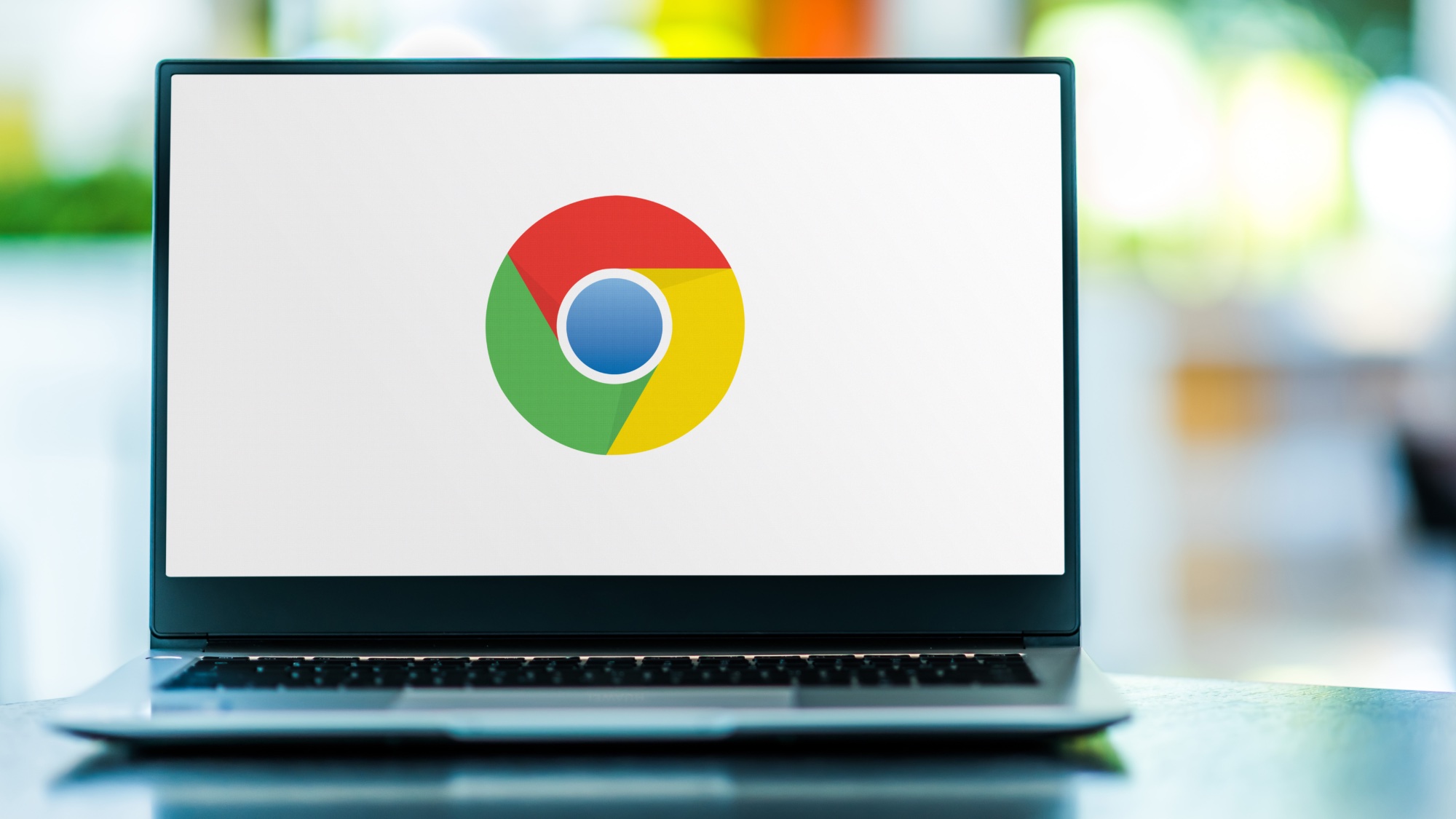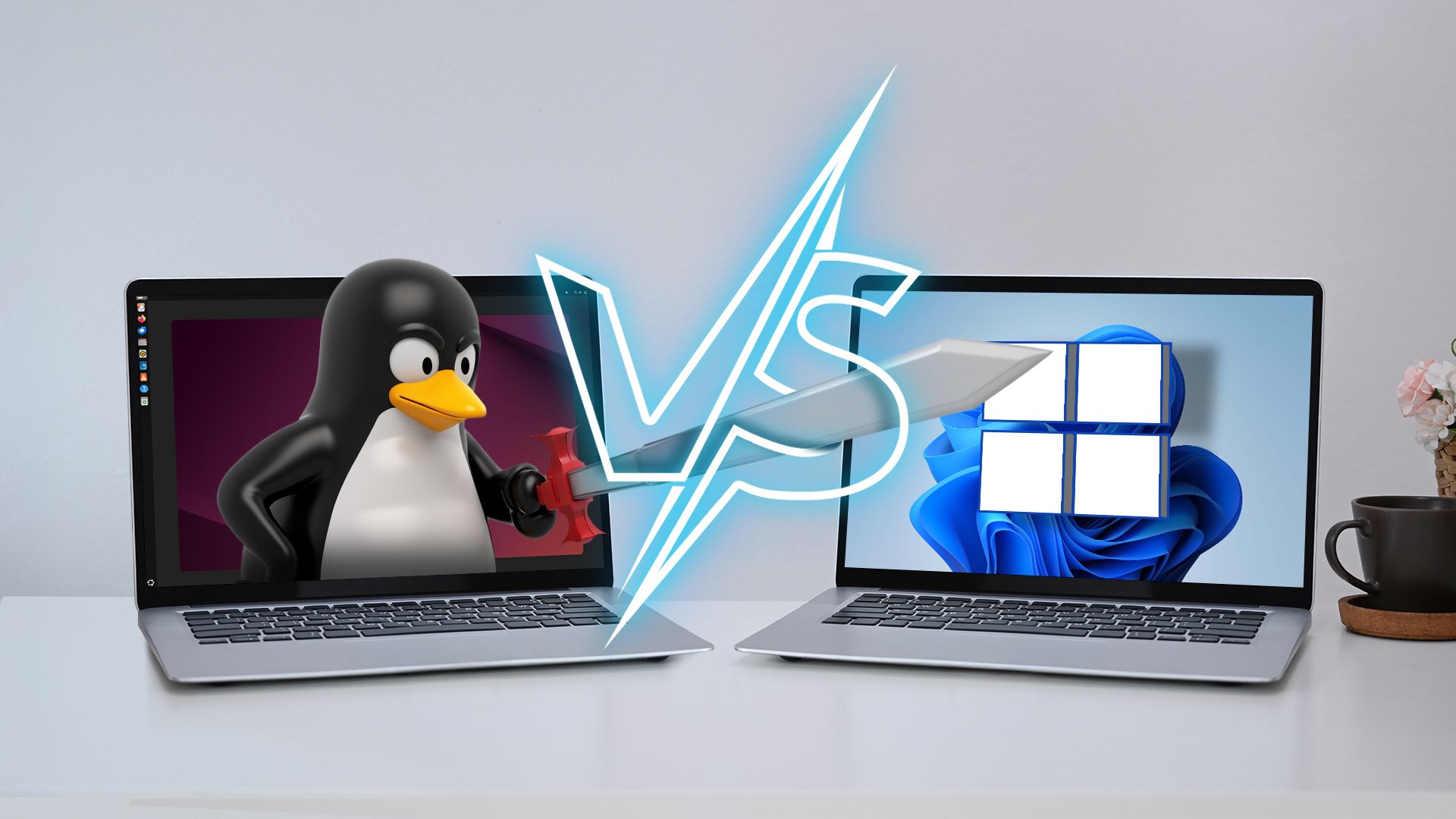
You’ve probably heard that Linux distros lack a lot of Windows functionality. That can be more or less true, but I’d argue that some of that functionality Linux is better off never adopting or imitating.
5
Bing Web Search in the App Launcher
Windows likes to insist, for some reason, that searching your computer needs to involve searching the internet too. If you hit the Start button and search for an app or a file, you get web search results from Bing in the Start menu too. This not only slows down the search experience, but it also forces in results you didn’t ask for and that you now have to sift through.
What I find most annoying is when I get results for an app I’m trying to find, whether it’s installed on my computer or not. I see the icon, but it’s hard to tell if clicking it will launch the app or will launch Edge and take me to a website to download that app from. There’s nothing worse than a surprise Edge pop-up. I don’t want to have to put up with that in my Linux desktop experience.
Related
How to Disable Bing in the Windows 11 Start Menu
Does anyone deliberately use Bing in the Start Menu?
That’s not to say web search integrated into my desktop would never be useful. I could see a cool integration of a privacy-oriented search tool like DuckDuckGo or Startpage into a Linux app launcher. I’d want it to be on-demand, though, maybe set off with a special keyboard shortcut. I just don’t want to typing in the app launcher to always bring up web searches.
Speaking of the Start menu, Windows also inserts ads for games, software, and services that I’d definitely prefer not to see in any Linux app launcher. It feels like I can’t open an application on Windows without someone trying to sell me something.
Windows 11 also comes with a widget panel that’s accessible via an icon in the taskbar. It contains news, weather, stocks, sports scores, and more. I occasionally find the traffic widget useful, but that’s about it. News would be too, if it didn’t require that I get an MSN account to customize the feed. The default settings on Windows, including all kinds of widgets with constant red notification badges, is annoying to no end.
In my Linux desktops I have just a few actually helpful desktop widgets. They include system monitoring, a tea timer, and a list of shortcuts. None of them are nagging me with alerts about irrelevant news stories, and I’d prefer it to stay that way.
3
AI Chatbots Everywhere
More and more parts of Windows 11 now seem to be infected with Copilot, a product I never said I wanted. It’s in the task bar, in the Start menu, in Edge, in Paint, even in Notepad for some reason. I rarely have use for an AI assistant when I work, so why would I need it integrated into every element and app on my computer?
I don’t know of any (trustworthy) Linux distributions that come with integrated AI assistants. There are a few you can install yourself, but it’s certainly not an opt-out situation or something you have to use a registry editor to get rid of. I think I’m better off this way, being free to let an AI assistant take up space when I need it—which is almost never.
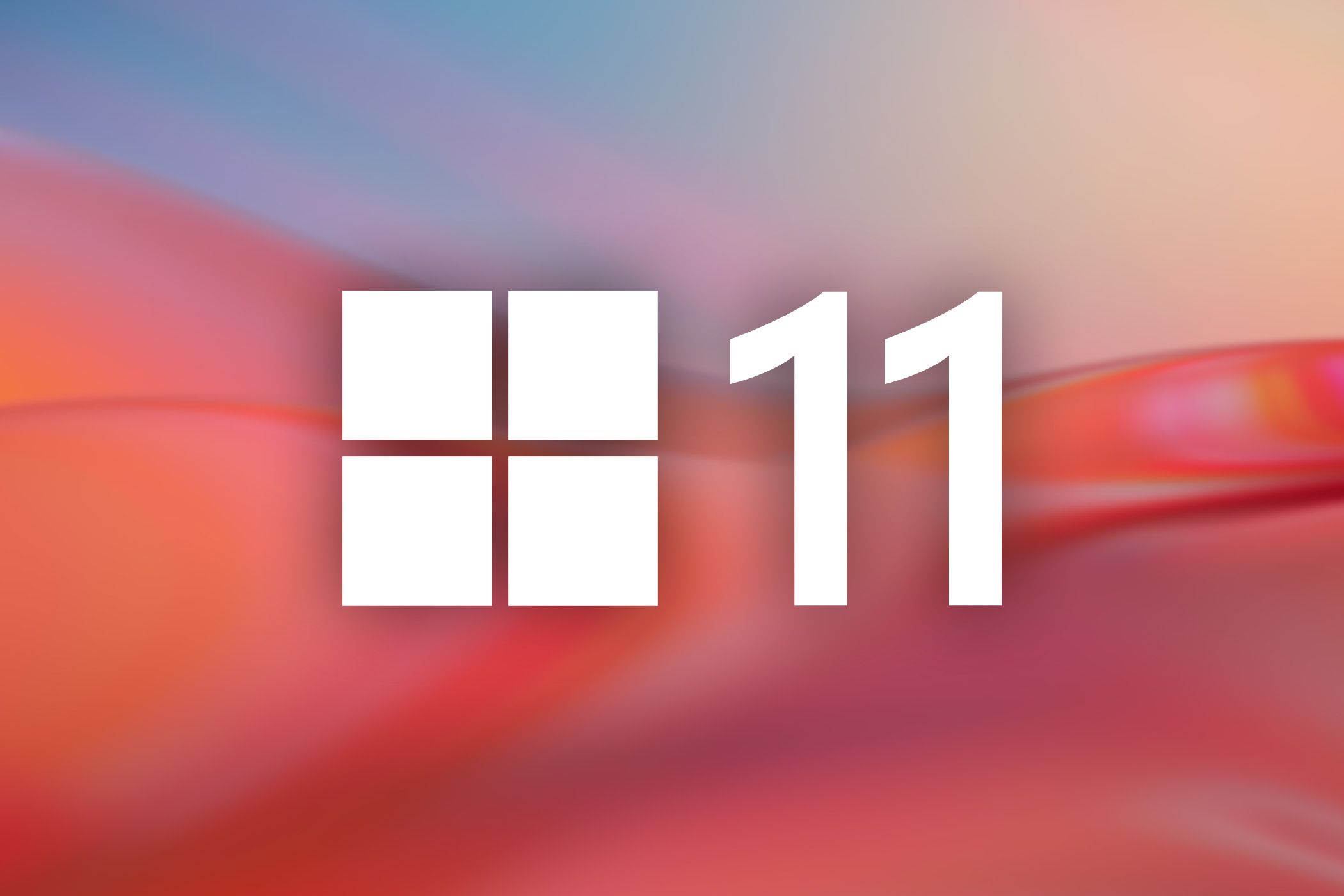
Related
How to Disable Windows Copilot
Window Copilot is not for everyone.
2
Creepy Telemetry
Like any modern tech company, Microsoft makes money by collecting data about the people who use its software. The data gets used for the purposes of developing Microsoft’s products too. When you’re setting up your Windows 11 computer, you’re presented with several toggles for these telemetry systems that you have to turn off if you want to keep some level of privacy. It’s impossible to opt entirely out of Windows’ data collection though.

Related
Here’s How to Make Your Windows Installation More Private
Local Windows accounts, made easy.
Most Linux distros have no telemetry. A few, like Ubuntu and DietPi, give you the option to opt-in to some data collection for software development purposes. Sometimes distro developers, like Linux Mint, track the number of times their ISO files are downloaded, but that’s all. Knowing every movement on my PC isn’t being tracked and monetized is a reason I prefer to boot into Linux whenever possible, and I’d rather always have that more private option.
1
Weird Bloatware
For some reason, my Windows 11 PC thinks I want weird games and social media apps I never said I wanted, plus antivirus and audio refinement software pushed by the PC manufacturer. Sometimes they simply can’t be removed, or you have to jump through hoops to make that happen. Sometimes they’re not actually installed at all, and instead they’re listed among my apps as a shortcut to the installation page.
This is a far cry from the Linux software experience. Some Linux distros, like Xubuntu, let you choose a “minimal” image to install packaged with only absolutely essential software, and you can add on top of that just what you want. They’ll usually also have a “full desktop” option with a bunch of free, open source, and commonly useful software, so that you have everything you need to hit the ground running with your computer.
Usually, none of the preinstalled software on a Linux distro is proprietary, so you don’t have to worry about subscriptions and trials. If you don’t want it, it’s a simple trip to the software manager to get rid of it. Or you can mass-uninstall with your distro’s package manager, a godsend in terms of control over your PC.
For all of my complaining, of course, many Windows 11 annoyances you can turn off. I’ve made several of those tweaks so the experience is more tolerable, but the default experience on my Linux desktops continues to be far superior.
Source link


